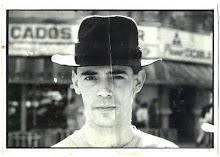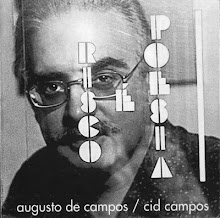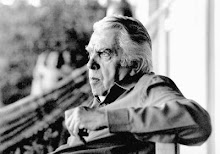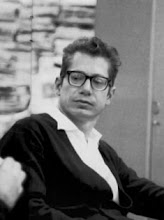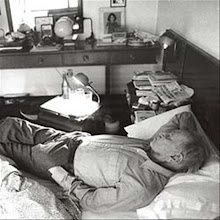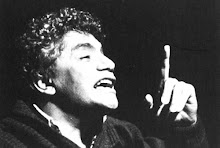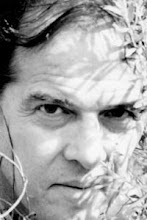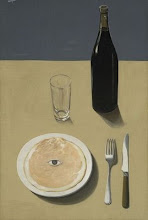
The cult of happiness is at best a numbing distraction, not a cure for the deepening sense of vulnerability, powerlessness and anxiety.
We should hence find a way out of happiness itself, that is, we should first question all these dangerous assumptions that come with it and which might very well sustain many of the problems that affect us. We certainly need hope, but we need it without the numbing, tyrannical, conformist and almost religious optimism that comes with happiness, as Terry Eagleton points out. We need a kind of hope based on critical analysis, social justice and collective action, that is not paternalistic, that does not decide what is good for us on our behalf, and that does not aim to spare us from the worst, but that places us in a better position to confront it. Not as isolated individuals but together, as a society.
To hide such negative feelings under the rug of positive thinking is to de facto stigmatize and make shameful the emotional structure of social malaise and unrest. Some will undoubtedly retort that we prefer to deprive hard-working citizens of the benefits of the science of well-being by waving some vague idea of collective consciousness. Happiness, some dyed-in-the-wool empiricists will claim, is the only tangible good we can put our hands on, here and now. The answer to this argument and our final objection can be found in a famous refutation of utilitarianism by the anarchist Harvard philosopher Robert Nozick, in 1974. Nozick asked his readers to engage in a thought experiment that consisted in imagining that we are hooked up to a machine that provides whatever pleasurable experience we may wish. Our brains would hence be stimulated in such a way that we would believe we were living the life we wanted. So Nozick’s question was: given the choice, would you prefer the pleasurable machine to your real life (presumably, more miserable)? An answer to this question seems today even more relevant than before, especially now that the science of happiness (and virtual technologies) has become so dominant. Our answer, like Nozick’s, is that pleasure and the pursuit of happiness cannot trump reality and the pursuit of knowledge critical thinking about ourselves and the surrounding world. An "experience machine" of the type that Nozick imagined and Huxley novelized is today the equivalent of a happiness industry that aims at controlling us: it not only blurs and confuses our very capacity to know the conditions that shape our existence; it also makes them irrelevant. Knowledge and justice, rather than happiness, remain the revolutionary moral purpose of our lives.
Edgar Cabanas and Eva Illouz

![[...]](https://blogger.googleusercontent.com/img/b/R29vZ2xl/AVvXsEjeNC2Kyxd34r2LuofHe9-vdXHeHwG3_2NhVmIOTlK2moU0Q4R7taMlS8iMmQgEl1-NdaRsPrLdREzfQZYKfUgjslwLZUZe67dAfFBREu-YRx6WGX-vAUt5eJT4_-lFwT4dGzGCQQ/s220/11798115_858304687558226_1857652538_n.jpg)









